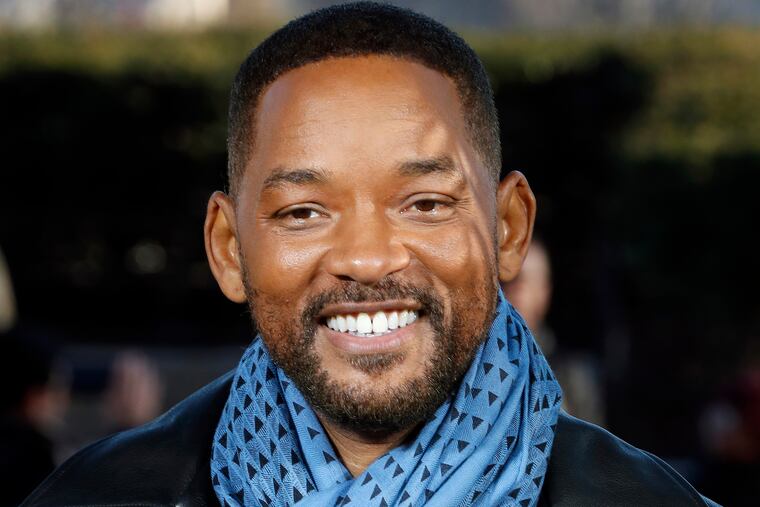Will Smith: I’ve been called the N-word by the cops in Philly on more than 10 occasions
“I grew up under, you know, Mayor Rizzo in Philadelphia. You know, he went from the chief of police to becoming the mayor and he had an iron hand,” Smith said.

During an interview this week with political commentator Angela Rye, Will Smith said while growing up in Philadelphia he was called the N-word by police officers multiple times.
“I grew up under, you know, Mayor Rizzo in Philadelphia. You know, he went from the chief of police to becoming the mayor and he had an iron hand,” Smith said. “I’ve been called n— by the cops in Philly on more than 10 occasions. The police, when I was growing up, moved with impunity in Philly.”
Smith, 51, posted a 13-minute version of his interview with Rye to his YouTube page on Monday under the title “A conversation on being Black in America.” It already has more than 540,000 views. On Tuesday, Rye — a political advocate, CNN commentator, and NPR analyst — posted a different, 29-minute version of the interview on her podcast, On One with Angela Rye, and on her YouTube channel.
In the interview — which Smith said was his first since George Floyd’s death at the hands of Minneapolis police — Smith said he was stopped “frequently” by police in Philly when he lived here in the ’70s and ’80s. He said it felt as if they were an “occupying force” in the city.
“There’s a part of this that people who don’t grow up in that, you just can’t comprehend,” Smith said. “You just can’t comprehend what it feels like to feel like you live in an occupied territory.”
He said attending Catholic grade school at Our Lady of Lourdes in Overbrook gave him an understanding of disparities about policing in a “really interesting way.”
“White kids were happy when the cops showed up, and my heart always started pounding,” he said.
Now, he worries about his own two Black sons driving around.
Smith said he’s been “deeply encouraged” by this year’s Black Lives Matter protests and the generation that is leading them.
“It’s like peaceful protests put up a mirror to the demonic imagery of your oppressor,” he said. “And the more still you are in your peaceful protest, the more clear the mirror is to the oppressor for the world to see and for them to see themselves.”
Smith expressed frustration with those who still refuse to affirm that “Black lives matter.”
“Something as simple as Black lives matter. What’s the f—ing point of contention? The point of contention is that’s not what the person’s hearing. That’s where communication rules come in very handy,” he said. “Here’s what the answer is when someone says Black lives matter: ‘Yes. I agree. Black lives matter.‘”
Our problems are not only rooted in our society and our systems, but in the hearts and minds of people, Smith said.
“It’s the way God designed this place, you’re going to come across people who’ve made poisonous conclusions and false beliefs and they’ve got insane narratives running through their minds,” he said. “It demands that our attention begin on our hearts and minds. As a country, I would hope that a part of what we’re learning right now is the destructive aspects of loveless, godless leadership. Do not elect people that don’t have God and love in their hearts.”
During the interview, Rye asked Smith about his next project, Emancipation, in which he stars as an enslaved person during the Civil War who escapes and joins the Union Army.
“The reason I chose Emancipation now is, more than ever, we have to understand the reality of where we came from,” he said. “The problem is there’s an absence of knowledge about the history.”
In closing, Smith said he pledged his “unending devotion” to the evolution of his community, country, and the world.
“If there is a singular message I would have to this next generation as they’re seizing control of this world, it’s don’t succumb to lovelessness, no matter how much evil you face, cause you poison yourself and you poison your own community when you succumb to lovelessness,” he said.